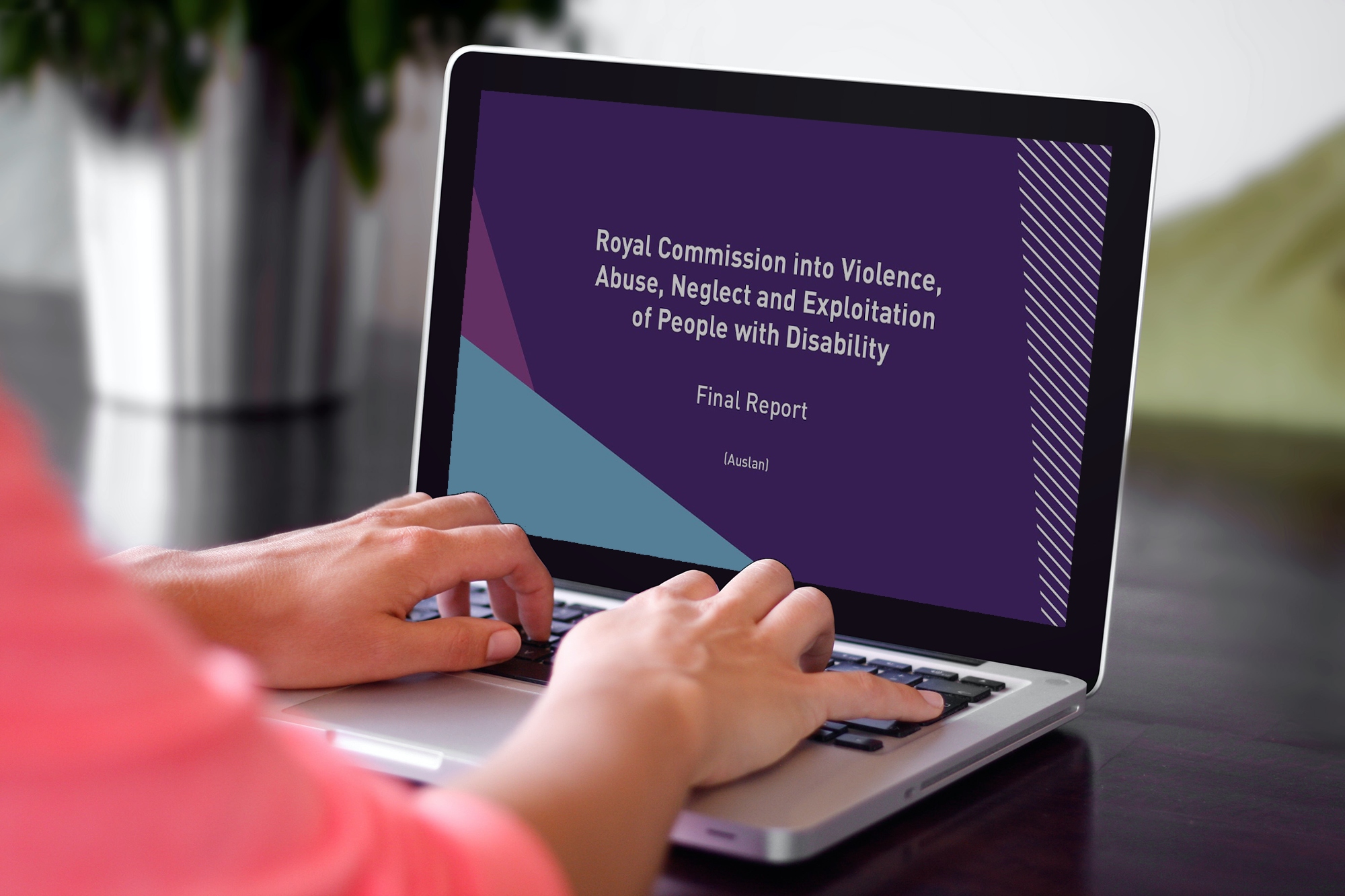Last week the government introduced two new aged care bills to the House of Representatives, which together respond to a number of recommendations from the Aged Care Royal Commission’s final report.
Royal Commission Response Bill
Just a week later, the first bill, the Aged Care and Other Legislation Amendment (Royal Commission Response) Bill 2022, has now passed through both houses. Some of the key changes that this bill introduces include:
- Introducing the new AN-ACC funding model which will replace the existing ACFI model.
- A Code of Conduct that will apply to approved providers, their aged care workers and governing bodies. It will be based on the NDIS Code of Conduct and will be implemented from 1 December 2022.
- Extending the Serious Incident Reporting Scheme (SIRS) to include home care by 1 December 2022.
- From 1 December 2022 there will be new governance responsibilities around suitability requirements for key personnel and other requirements including:
- The requirement to notify the Commission of changes to key personnel or changes to the suitability of key personnel;
- At least every 12 months the provider must consider the suitability of all key personnel and be reasonably satisfied that they are suitable to be involved in the provision of aged care;
- The provider must ensure that a majority of the members of the governing body are independent non-executive members, and at least one member of the governing body has experience in the provision of clinical care. (This does not apply if the governing body has fewer than 5 members or provides aged care service to less than 40 recipients, or is an Aboriginal Community Controlled Organisation).
- Providers must establish a quality care advisory body that:
- Complies with the requirements specified in the Accountability Principles; and
- Gives the governing body a written report about the quality of care being delivered at least once every 6 months.
- The governing body must respond in writing to those reports and other feedback from the advisory body.
- Changes to restrictive practices arrangements to address unintended outcomes due to the interaction with state and territory guardianship and consent laws.
- A requirement for the Department of Health and Aged Care to publish information about the quality of aged care provided through an aged care service, and the performance of the approved provider in relation to responsibilities and standards under the Aged Care Act by the end of 2022.
Implementing Care Reform Bill
The second bill, the Aged Care Amendment (Implementing Care Reform) Bill 2022, has been referred to the Senate Community Affairs Legislation Committee, with an expected report date of 31 August 2022, and includes:
- mandatory requirements for there to be a registered nurse on site 24 hours a day at all residential aged care facilities starting from 1 July 2023;
- caps on home care charges from 1 January 2023; and
- improvements to transparency of information from 1 December 2022.
Stay in the loop
Providers are encouraged to stay across these changes as a number of the reforms are expected to come into place soon, with many being implemented before the end of the year. We will keep you updated!


